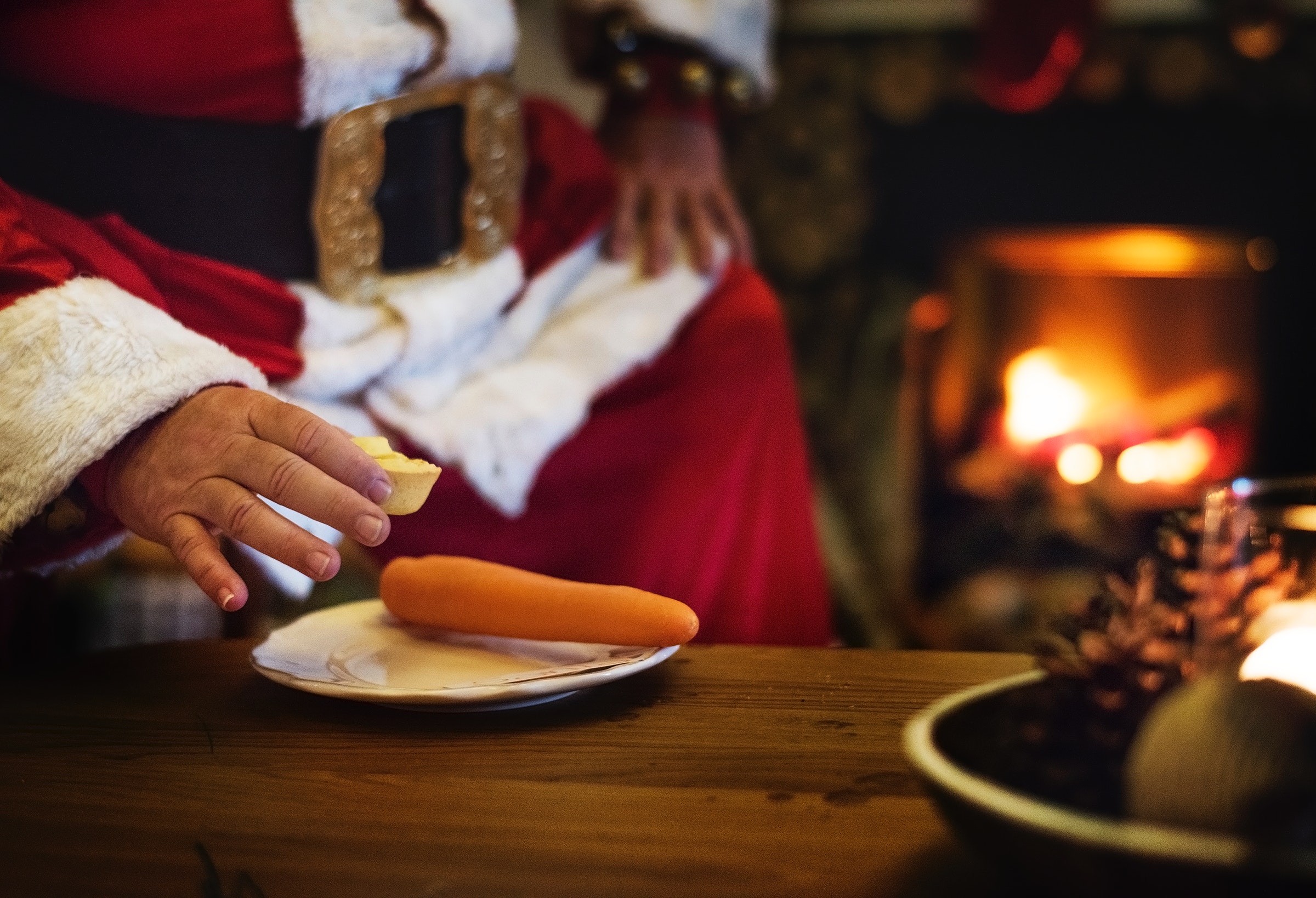
Christmas is a time that we eat drink and be merry. So how can we ensure that we can still get into those work pants at the beginning of January and not overeat?
Here are 6 strategies to consider:
Add vinegar and cinnamon to meals to control your blood sugar
-
-
- Vinegar, which has been shown to lower the glycaemic index (which means you metabolize the food more slowly), adds acidic flavour to salad dressings, sauces and roasted veggies without a lot of calories.
- For sweet-smelling warmth, add cinnamon to everything from coffee and smoothies to chili. Like vinegar, cinnamon slows the rate at which food transits from your stomach to your intestine — this keeps you full longer, and helps prevent the post-meal slump.
-
Eat when you’re not hungry
-
-
- When you are really hungry, you overeat. It sounds crazy but you really are better off to eat when you are not hungry or only slightly hungry as you will eat less and will probably eat slower. This means that your insulin levels will not spike and you keep a nice constant level.
-
Drink Water, not liquid calories
-
-
- In addition to tiredness and brain fog, mild dehydration can cause a sensation that’s easily mistaken for hunger. On the other hand, liquid calories such as juices and sodas don’t fill you up, and their rapid digestion causes insulin spikes. So pass on the sweetened drinks and stick with sparkling or still water — you can flavour it with lemon, strawberries or cucumber if you want, but don’t pack your drinks full of calories.
- Aim for 2 litres if you are 60kg, 3 litres if you are 90kg and so on. Also, be sure to drink a glass about 20 minutes before each meal to take the edge of your appetite, but don’t drink it during as it will dilute your stomach acids and reduce your ability to digest thoroughly.
-
Eat Slowly
-
-
- When you swallow food, there’s a sizable delay before you feel any satiation from it. This delay is usually between 10–30 minutes. This delay means, we tend to eat more food than we really need. And the faster we eat, the more we tend to consume, particularly later on in a meal. The solution: Chew each bite 20-30 times.
-
Have a small, flavourless snack between meals
-
-
- This trick was discovered by the late Seth Roberts: What he did was consume a shot of olive oil or a glass of water with a tiny bit of sugar (an exception to the rule on sugared beverages above) between meals. Doing this once a day dramatically reduces your appetite and regulates ghrelin, a hunger hormone, by weakening flavour-calorie associations. For this to work, the snack must be bland, and you should consume nothing else but water for at least an hour before and after the snack – try a handful of blanched almonds if the olive oil is not doing it for you!
-
Try the “Front Door Snack Technique”
-
- It does sound quite extreme but it really does work. Keep a healthy snack, such as jerky, almonds or kale chips, right next to your front door, garage door or by your car keys, and eat something before you leave home. This will cause healthy food to “crowd out” unhealthy food, and make it much easier to pass on the junk food once you’re outside the comfort of your own home!
Eating is something that affects us all so maybe just once over the holidays stop and think about one of these things and see if it works!
